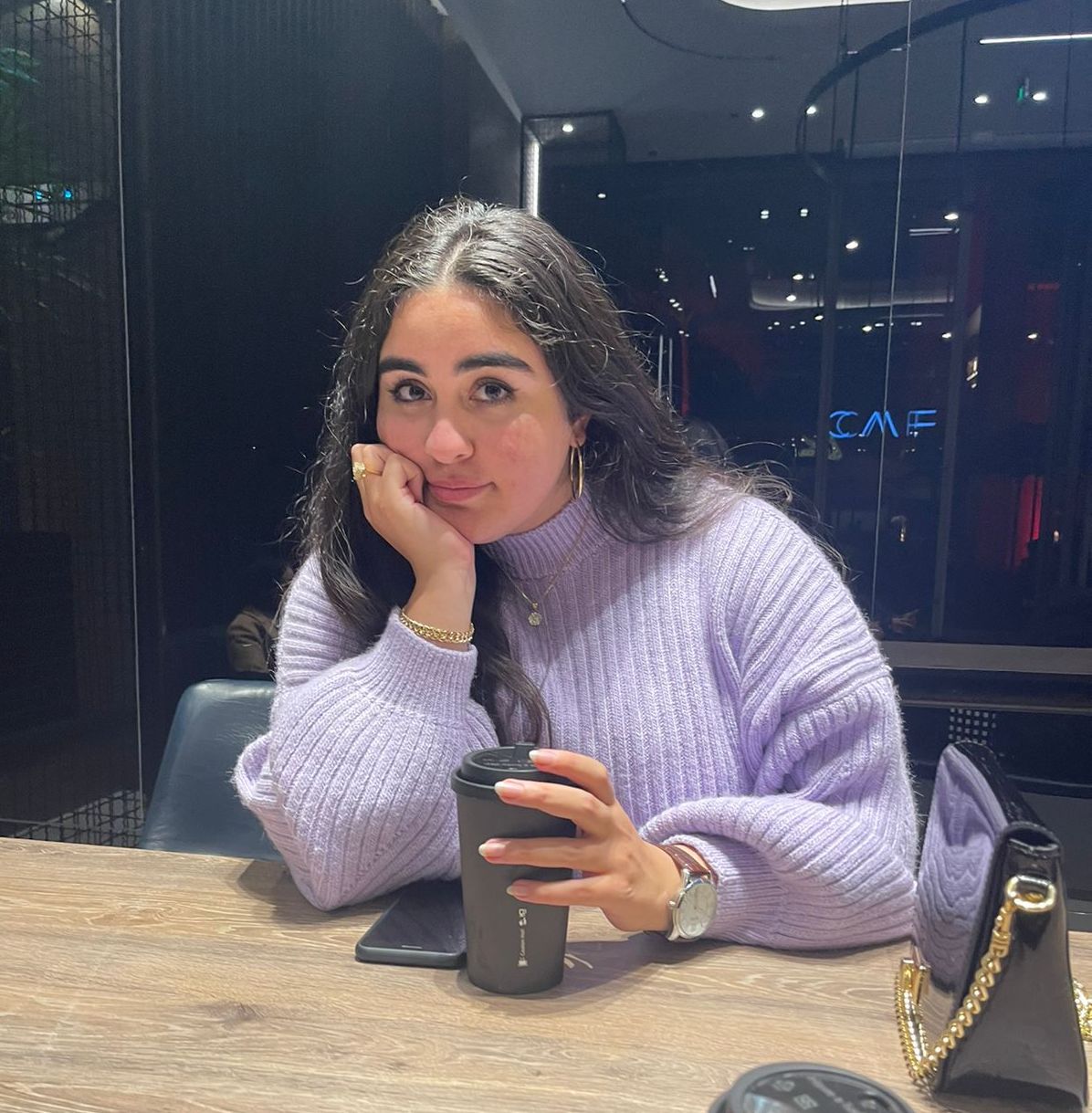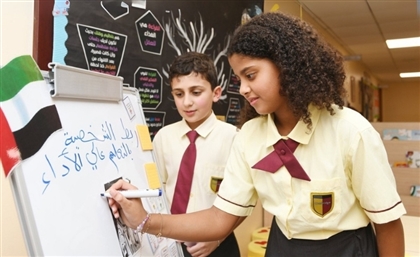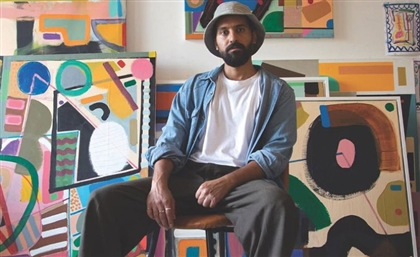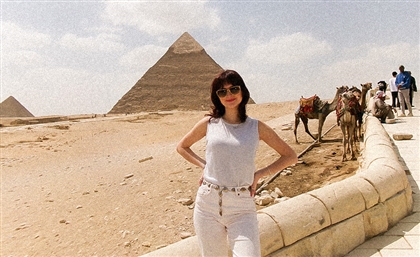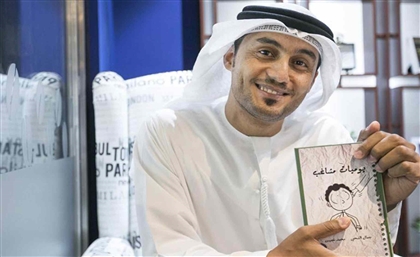Love Matters Releases First of Its Kind Campaign on Sexual Education
Love Matters Arabic is an Arabic-language platform dedicated to providing scientific, accessible and pleasure-positive content on Sexual and Reproductive Health and Rights to youth in the Arab region.
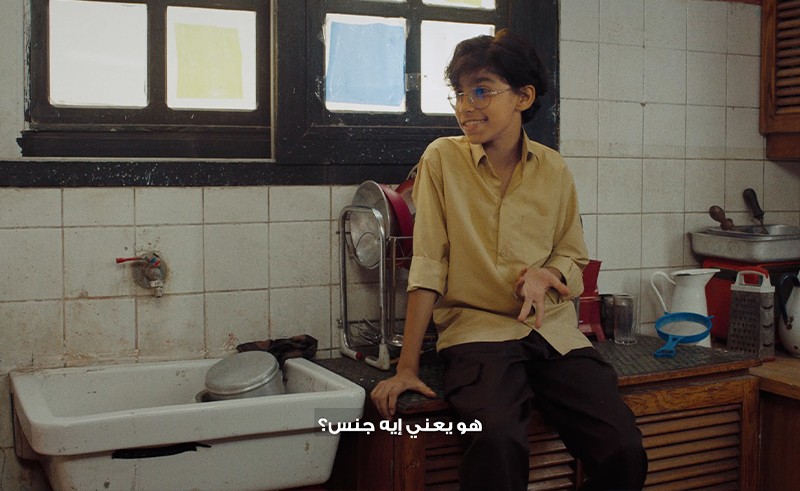
“Mama, yaani eh gens?” [Mama, what does sex mean?]
“Papy, howa ana el period hatgeely?” [Papy, will I get ‘the period?’]
For the first time in Egypt, a campaign on sex education and body literacy was produced by the people and for the people. Many of us recently stumbled on the viral video campaign by Love Matters, a triple-installation where each video presents a sexual question asked by a child, and the possible responses or scenarios given by the adults around them, some careless, some misinformed, and every one of them all too real. Created by an exceptional team put together by Love Matters Arabic, this is a project that was treated with utmost care, blessing the internet with a campaign that highlights the importance of sex-ed for children.
Love Matters Arabic is a project launched in 2014, and is part of the Love Matters Global Network initiated by RNW Media, a Dutch NGO. Love Matters Arabic is an Arabic-language platform dedicated to providing scientific and accessible content on Sexual and Reproductive Health and Rights (SRHR) to youth in the Arab region. Currently, Love Matters Arabic operates as a project of the Centre for Development Services. Love Matters Arabic functions as an educational platform and offers a safe space for youth from all over the region to ask important questions about their bodies, their sexual health, and their reproductive rights. In doing so, the initiative aims to safely and appropriately break centuries-old taboos on sexual education in the region.
What sets this campaign apart from anything previously done by any entity or individual is its realism. The first video - whereupon a young boy asks his mother about ‘gens’, the Arabic word for ‘sex’ - is set in a kitchen that looks just like any typical Egyptian kitchen. The walls are a bit dirty, the stove is gas-powered, and you can practically smell the ghee through the screen. The young boy looks like he just came home from a day at school or an afternoon playing football in the neighbourhood alley with his friends, and his mother is wearing a galabeya and a mandeel over her head as she cooks. It is such a normal scene - one that belongs to most of the Egyptian population, that represents them and speaks to them.
In the second video, a young girl sits in the car with her father whom she asks about whether she’ll get ‘the’ period. We see the manifestations of several different responses to the young girl’s question, including an old woman who implies that she’s now a 'mademoiselle’, and an old man who tries to creep on her. All, unfortunately, normalised responses, scenarios that such a young girl is guaranteed to live through.
At the helm of this project were Egyptian director Dibo, and copywriter Marawan Hafez, both of whom we reached out to in an effort to further understand their vision for this project.
“I’m not afraid of starting difficult dialogues and I’ve always believed that we change the world by changing perspectives,” Dibo tells CairoScene. “Most creative people use the ordinary and we just see the very ordinary things that most people are desensitised to.”
When asked about how he was introduced to the project, Dibo goes on to say, “In our briefing call, my client, Love Matters Arabic, told me they struggled to find people who would work on such a project. First thing I thought of, and actually said, was, ‘That’s so fragile!’ If we really want to reach people’s hearts and make a real significant impact, we need to be very insightful. Take a real and ordinary angle, and just let it speak for itself. The overly stylized, vintage, retro elements of most ads we see nowadays wouldn’t work. I wanted to go for an ultra-realistic approach and make it look like a short film rather than an ad.”
The campaign succeeds in accurately and fearlessly portraying the reactions of society surrounding the curious child. They optimised the use of single-line deliveries to hit the bullseye, not wasting any time on contextualising or leaving room for misinterpretation. It takes a talented copywriter to convey the reaction of so many individuals representing different social stratifications, including a harasser uncle and a creepy grandpa, without making light of any of it. It is all afforded the seriousness with which it should be addressed and consumed.
“I tried my best to deliver something that is as close to reality as possible while also being accessible to the audience,” copywriter Hafez tells us. “It was my intention to write something that did justice to the message and vision of the campaign. Even if I gave voice to a harasser, I didn’t want to represent him in a way that made him charming or humorous. Rather, it fulfilled the original intention of showing the kinds of alternatives available if we continue to forbid children from asking these questions or not giving them appropriate responses ourselves.”
It is important to recognize that as a younger generation grows into itself, it is still malleable. This offers us a chance, as current or future parents, to learn about the importance of teaching our children about their sexual health and wellness, while also educating ourselves on the appropriate methods through which to do so. This campaign is unprecedented, and we can only hope that it sets the standard for future productions and campaigns around body literacy, sexual health, and reproductive rights in Egypt and throughout the region.
- Previous Article HOW (NOT) TO GO TO A PING PONG SHOW
- Next Article Get Your Sugar Fix from Büata's Colourful Creations
Trending This Week
-
Dec 27, 2025







